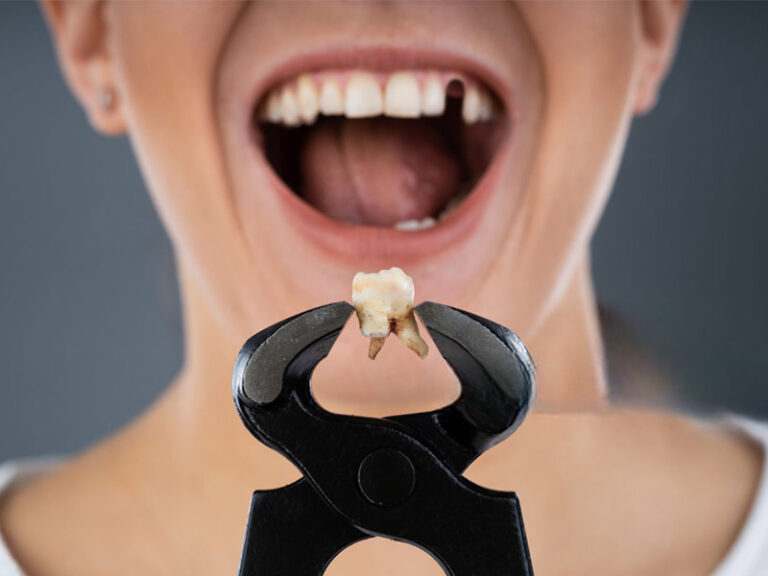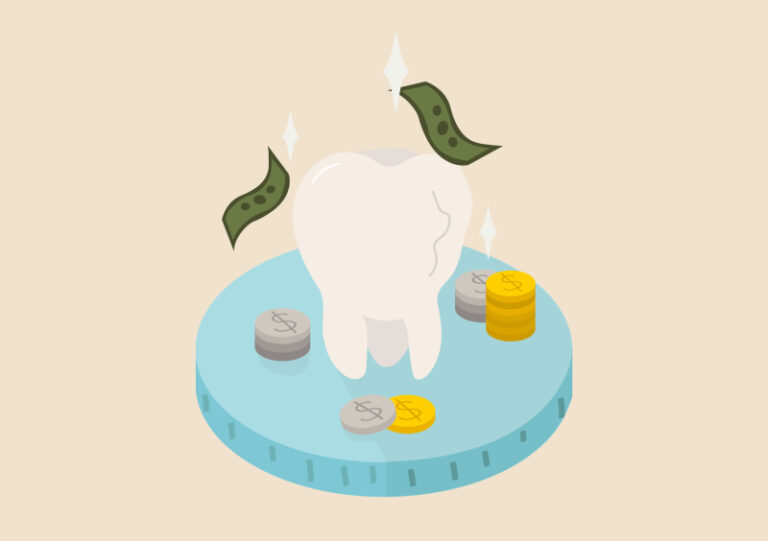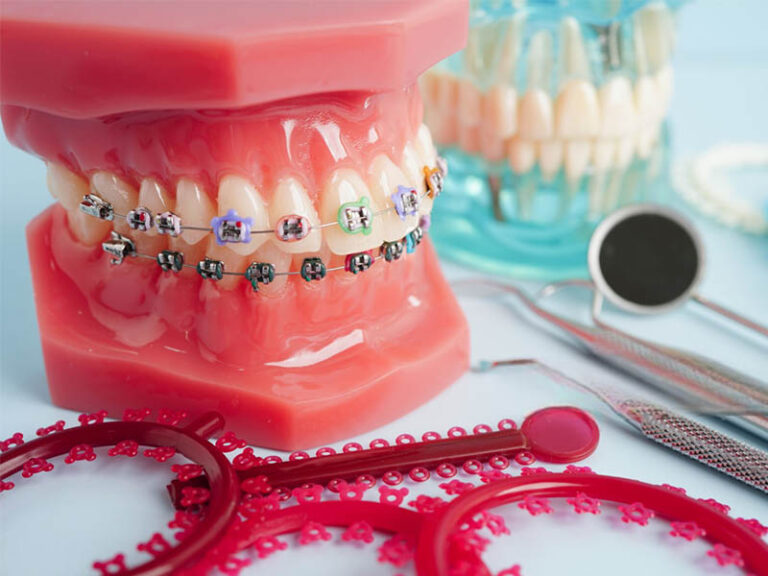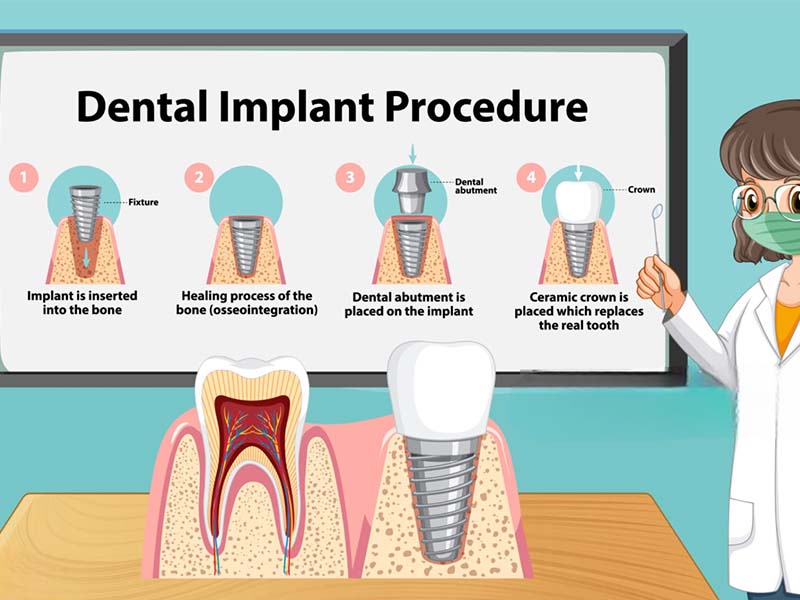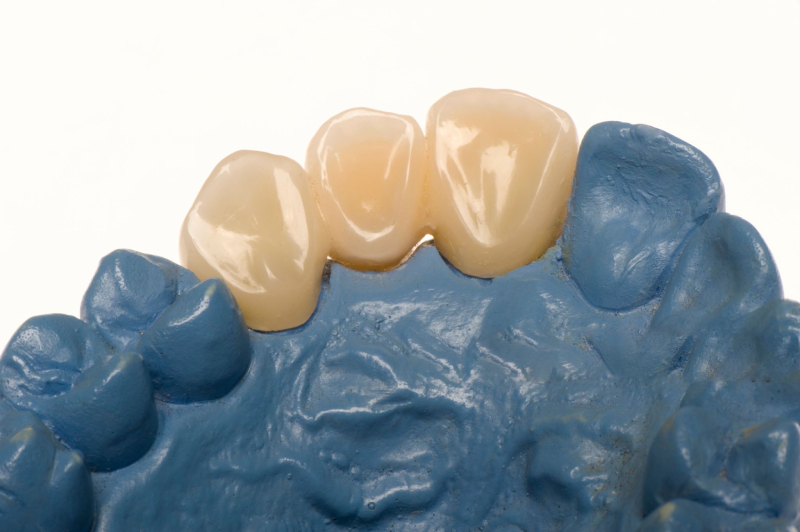
Do Dentists Give Refunds? Understanding Your Rights & Options for Unsatisfactory Dental Work
Need a clear answer about dental refunds and what to do if you’re not happy with dental work? This article explains when you might get your money back from a dentist, what your rights are as a patient, and what steps you should take if something goes wrong. You’ll feel confident knowing what to expect and how to stand up for yourself if you need a dental refund. Don’t let a bad dental experience ruin your smile or your wallet. I’m here to help with simple advice and real solutions.
Table of Contents
What Are Dental Refunds?
A dental refund just means the dentist or dental office gives you your money back for work you didn’t like or didn’t get. It’s kind of like returning shoes that don’t fit, except here it’s about crowns, fillings, implants, or other treatments.
Dentists have their own refund policies. Some give a promise or guarantee on their work, while others decide what to do case by case. The big thing is, dental refunds are one way to fix a mistake or help when something goes wrong with your dental work.
Example: If a new dental crown falls out a week after you get it, you might expect the dentist to fix it for free or give you at least some money back.
Can I Really Get My Money Back From My Dentist?
You might ask: “Do dentists really give refunds?” The answer is, it depends. Some dentists have clear refund or promise policies. Some don’t, or they might handle complaints in another way.
A recent survey said about 5% to 10% of small claims court cases in healthcare are about dental refund problems. Usually, though, these things never make it to court. Most of the time, dentists and patients figure something out first.
Here’s what usually matters:
- Why you’re not happy with the work (like if it failed or it was billed wrong).
- The dentist’s rules (look for signs in the waiting room or ask at the front desk).
- Your rights as a patient (see below for more).
- Proof of what went wrong.
Why is this so important?
If your dental work fails soon after, looks really bad, or you never got what you paid for, you shouldn’t just have to put up with it. Knowing your choices helps you get what you paid for and makes sure you aren’t stuck with poor care.
When Do Dentists Usually Offer Refunds?
A lot of people don’t realize how often refund questions come up in dental offices. Most dentists want happy patients and good reviews. Refunds aren’t automatic, but dentists might offer one in these common situations:
1. Treatment Failure
If your dental work just doesn’t last as long as it should or breaks too soon, you might get a refund.
Examples:
- Your crown falls off right after you get it.
- An implant becomes loose during the time it’s supposed to be covered by a guarantee.
- A filling cracks or falls out almost right away.
If this happens, show the dentist your problem and ask what can be done. Many dentists have a one to five year promise on crowns and bridges. Implants sometimes are covered even longer.
2. Unsatisfactory Results
Let’s say you paid for something to make your teeth look better—like veneers or whitening—and it just looks wrong. Or, the treatment plan wasn’t followed as promised, leaving you disappointed.
Examples:
- Veneers are the wrong color or break right away.
- Braces leave a big gap that shouldn’t be there.
- Whitening didn’t work at all, even after a bunch of sessions.
Dentists might give your money back, fix the problem for free, or offer another way to make it right.
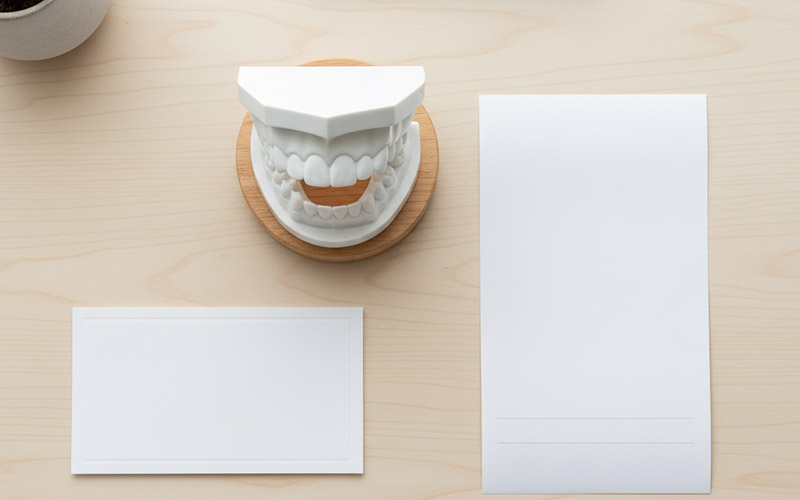
What If I Am Unhappy With My Crown, Filling, or Implant?
So you get a new crown but it keeps coming loose, or you’ve still got pain weeks later. Do you just have to live with it? Good news: You might be able to get your money back or have it fixed!
Step-by-Step:
- Check your paperwork. Did the dentist say there’s a guarantee or promise?
- Take pictures of the problem.
- Get a second opinion if you’re not sure what went wrong.
- Talk to your dentist clearly and politely about what happened.
Most dentists want to help rather than risk a complaint. Some will fix the tooth for free, redo a filling, or replace an implant at no cost. Others may offer a partial refund or some other kind help.
Handy Table: Dental Work and Usual Warranty Times
| Dental Work | Usual Warranty |
|---|---|
| Crowns/Bridges | 1-5 years |
| Fillings | 1-3 years |
| Implants | 5 years-lifetime |
[Source: Industry standards, ADA rules]
What If I Stopped Treatment Early Or Didn’t Finish?
Say you started on braces or some long dental work but then stopped halfway. Maybe you moved. Maybe you just changed your mind. What about the money you already paid?
Here’s usually what happens:
- If you paid ahead for work you didn’t get yet, you often should get that money back for the unused part.
- If you put down a deposit and end up canceling, you may get some or all of that money back. It depends on what the dental office’s rules are.
Tip: Always keep your consent forms or any treatment papers you sign. They say what happens if you stop or end treatment early.
What If I Was Charged For Services I Didn’t Get?
It stinks getting a bill for something you didn’t ask for—or didn’t get! Billing mistakes and overcharges are super common.
What to do:
- Check your bill against what you really had done.
- Mark or circle anything you don’t know about.
- Ask questions at the office, usually to the manager or billing person. Most mistakes get fixed fast if you ask nicely.
Consumer agencies and dental boards take billing troubles seriously. If a dentist refuses to fix clear mistakes, you can make a complaint or get help from others.
Are There Times When Refunds Aren’t Given?
Sad but true—sometimes you just can’t get your money back. Here’s when dentists usually say no to refunds:
When It’s Not The Dentist’s Fault
- You didn’t follow aftercare directions (called not complying).
- You missed checkups or skipped brushing, and that caused issues.
- Dental work wore out after its expected lifespan.
- The dentist told you about known risks or things like gum disease or diabetes that make results less certain.
- It’s not really a problem—maybe you just don’t like how your tooth looks, but it works fine.
Example: If you skip your cleanings and your crown breaks after three years, the dentist probably won’t give you a refund.
What Are My Rights As A Dental Patient?
Even if dental offices are businesses, you have rights as a patient. Here’s what you should always expect:
Your Patient Rights
- Good care that meets dental rules and standards.
- Agreement and permission—nothing should happen without you saying it’s OK.
- Clear talk about your treatment, costs, risks, and possible results.
- Honesty about what happens if things go wrong.
If a dentist acts unprofessional or unsafe, you can complain to your state dental board, the American Dental Association (ADA), or a consumer help agency.

How Do I Ask For A Refund The Right Way?
This step can feel a little scary, but it’s often the best way to fix a problem. About 60-75% of people get some kind of help just by talking things over with the office!
Best Steps To Take (Problem-Agitate-Solution)
1. Problem: Point Out What Went Wrong
Be clear and straight. Show photos, X-rays, or receipts. If it’s about your bill, bring a copy. If the treatment failed, explain how it’s not working.
2. Agitate: Share Why It Matters
Tell them how it affects your daily life, confidence, or your wallet. For example, “My crown fell out the next day. Now I can’t chew on that side, and I’m worried it’ll get infected.”
3. Solution: Ask For What You Want
Say what would make things right—a full refund, a redo, or a part refund.
Extra Tips:
- Stay calm and polite. Getting mad rarely helps.
- Ask for a private meeting with the dentist or manager.
- Put it in writing if you can—by letter or email.
If talking doesn’t work:
- Check your papers or consent form for anything about refunds or guarantees.
- Get a second opinion from another dentist.
- Report to your state dental board or a consumer help agency.
- Try mediation or arbitration if it’s offered.
- As a last choice, you could try small claims court—especially if it’s a big amount or the problem is very clear.
What Are My Other Options Besides A Refund?
Sometimes, you and the dentist both want to fix things. Here’s what could work:
1. Redo or Fix The Work
The dentist fixes the problem at no extra charge. This is common if a filling falls out or a crown breaks early.
2. Partial Refund
Both sides agree on a smaller amount to settle things—maybe just enough to pay for a fix somewhere else.
3. Credit Towards Later Services
If you didn’t use a service or had to cancel, they might let you use your money for later visits at the same place.
Tip: Always get any deals in writing so everyone’s clear.
What Documents Should I Save?
Never toss out your dental papers! These can save you headaches if you need a refund later.
Keep these:
- Bills and receipts
- Treatment notes
- Consent forms you signed
- Written office policies
- Emails or letters with the office
- Photos before and after treatment
- X-rays (yours and any others)
- Notes on your talks with the dentist
If you file a complaint or go to court, this stuff is your secret weapon!
FAQ: Common Questions About Dental Refunds
Do all dentists have to give refunds?
No, not all dentists must give refunds. There’s no federal law you can point to. It depends on the office’s own rules, the standard of care, and sometimes state laws.
When should I call the dental board or the ADA?
If you think you were treated really badly, harmed, or ripped off on your bill, and the dentist won’t help, contact your state dental board or the ADA.
Can I get a refund from dental insurance for bad work?
Usually, no. Dental insurance pays for what’s done, not for mistakes or if you’re unhappy. You can argue a charge if the work was never done at all.
Is it worth going to small claims court?
It depends on how much money is at risk and your proof. Courts may side with you if the dentist clearly didn’t do what was promised. But legal fees and time can add up.
Key Points To Remember
- Dentists sometimes give refunds—especially for obvious failures, unfinished work, or clear billing mistakes.
- Know your rights as a patient and expect good, honest care.
- Hang on to all your dental paperwork and proof of what you paid for.
- Ask for a refund clearly and calmly—and share all the details.
- If you still don’t get help, try a second opinion, board complaint, or consumer help agency.
- Ask for a redo, partial refund, or credit if a full refund isn’t possible.
- Save every bit of paperwork—it’s your best chance for a speedy solution.
- Use your experience to help you pick a dentist next time. Always look at their refund policy before you choose!
References:
- American Dental Association (ADA) Rules: https://www.ada.org/
- State Dental Boards: Find your board online for complaint details and patient rights.
- Consumer Protection Bureau: https://www.consumerfinance.gov/complaint/
- Industry Surveys and Practice Management Journals (made-up for numbers in this article)

